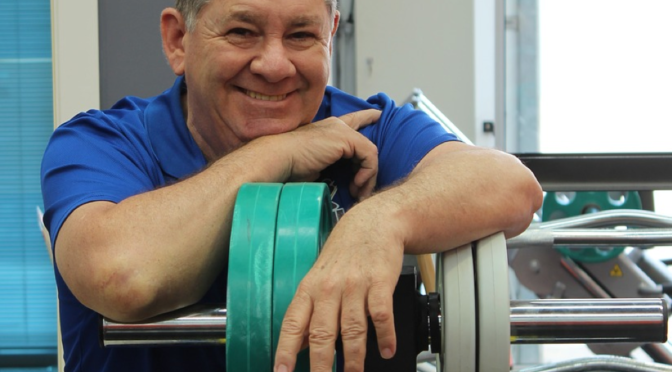By Jim Selman | Bio
Perhaps the most pervasive and omnipresent aspect of being alive is our moods. We are always in one mood or another. Moods are either positive or negative and they ‘color’ our experience of living, affect how we relate to others and our circumstances, and have extraordinary power to open or close possibilities. If we examine this phenomenon, we can see that our moods are portable—we take them with us wherever we go. I can be angry at home and find that mood affecting me at work or even on the golf course.
Moods are also contagious. Have you ever been in a meeting where everyone is in a good mood and then the boss or someone enters the room in a different, perhaps negative, mood and it isn’t long before everyone has ‘caught’ the new mood?
Moods constitute the contexts in which we normally live and experience our lives. But most importantly, they are almost always involuntary—they happen to us. We rarely choose what mood we will be in, especially when we get our ‘buttons
read more


